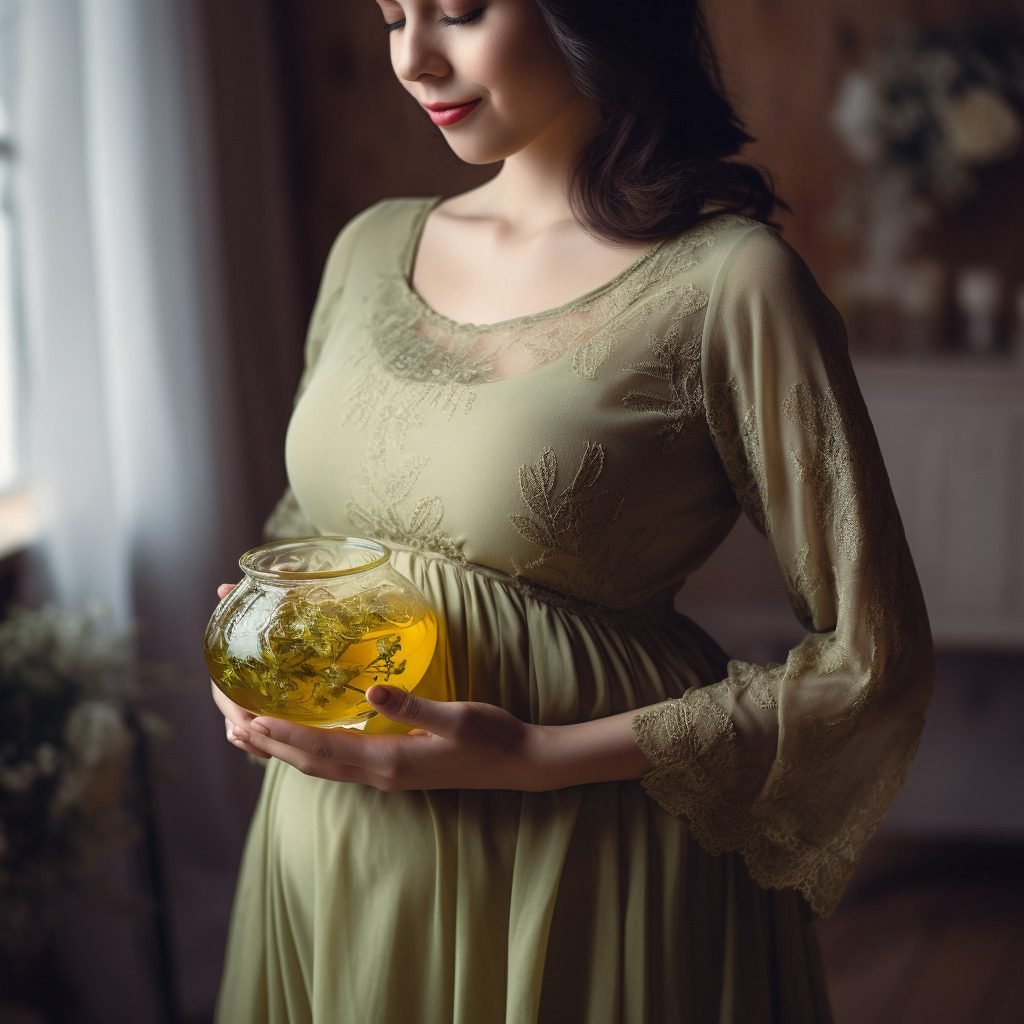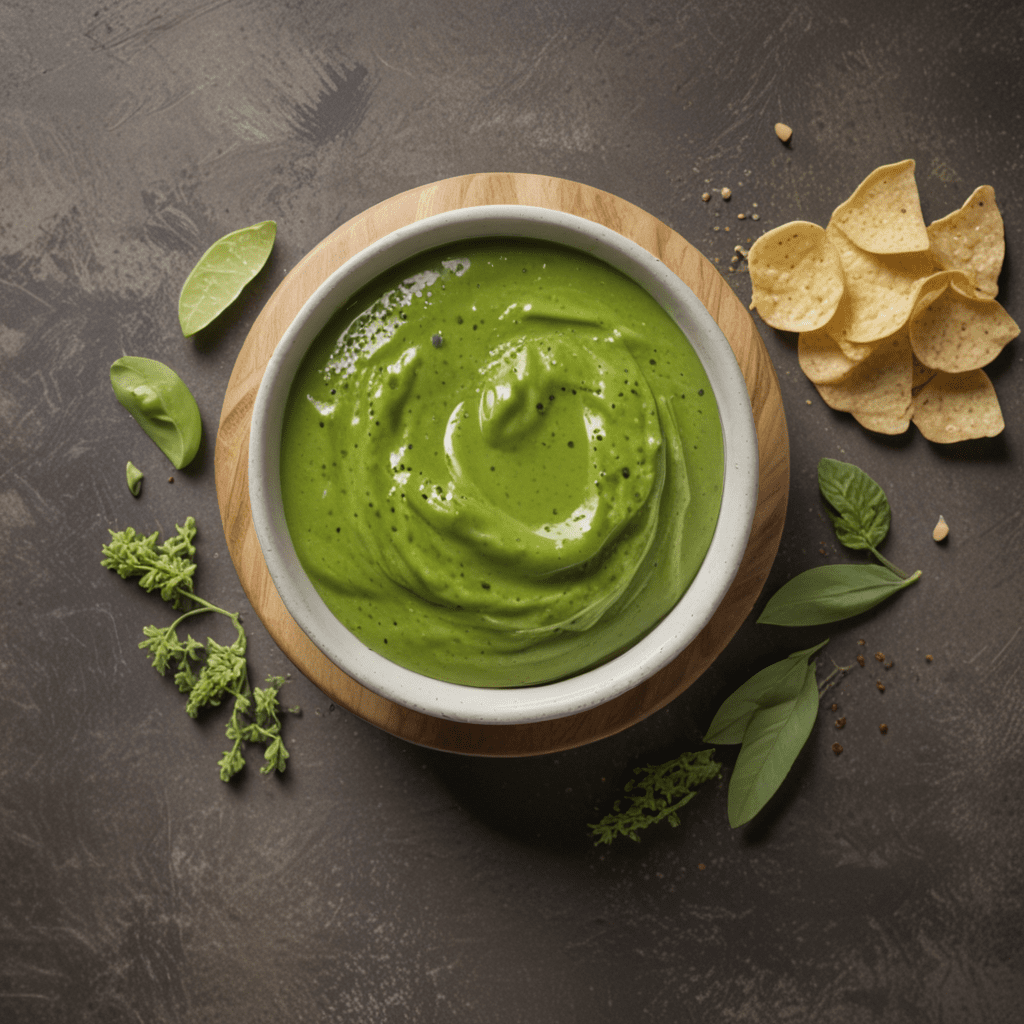The Definitive Guide to Tea and Pregnancy: Benefits and Risks
Introduction
Tea has long been cherished for its soothing and rejuvenating properties. From countless flavors and aromas to the many health benefits it offers, tea has become a staple in many people’s lives. However, for expectant mothers, the question arises: can they safely consume tea during pregnancy? In this guide, we will explore the key elements of tea and pregnancy, provide tips for selecting the right tea, and offer suggestions on incorporating tea into a pregnancy-friendly routine.
Key Elements of Tea and Pregnancy
When it comes to tea and pregnancy, there are a few key elements that expectant mothers should be aware of to ensure a safe and enjoyable experience:
- Caffeine Content: One of the primary concerns surrounding tea consumption during pregnancy is the caffeine content. High levels of caffeine have been linked to an increased risk of miscarriage and preterm birth. It is important to note that different types of tea have varying caffeine levels, with black and green teas generally containing more caffeine than herbal teas.
- Herbal Tea Safety: While herbal teas are generally considered safe during pregnancy, certain herbs can pose risks to expectant mothers. It is crucial to check the ingredients and consult with a healthcare professional to ensure the tea does not contain herbs that can cause uterine contractions or other complications.
- Nutritional Benefits: On the flip side, certain teas can provide nutritional benefits during pregnancy. For example, ginger tea may help alleviate morning sickness, while red raspberry leaf tea is believed to strengthen the uterus and potentially shorten labor duration. However, the efficacy of these teas is still a subject of debate among experts.
Tips for Tea and Pregnancy
When it comes to enjoying tea during pregnancy, here are some practical tips to keep in mind:
- Opt for Decaffeinated Varieties: To minimize caffeine intake, consider choosing decaffeinated versions of your favorite teas. Decaffeinated green and black teas offer a milder alternative without sacrificing flavor.
Explore Herbal Tea Options: Herbal teas, such as chamomile, peppermint, or rooibos, are naturally caffeine-free and can be a great alternative for expectant mothers. Just ensure that the ingredients are safe and consult with your healthcare provider.
Consider Loose Leaf Tea: Loose leaf tea allows you to control the strength of your brew and provides a wider range of flavors. Look for reputable brands that source organic and high-quality ingredients.
Mind the Temperature: When preparing tea, make sure to let it cool down before drinking. High temperatures can increase the risk of burns and may affect nutrient absorption.
Hydration is Key: While tea can be a part of your daily fluid intake, it should not replace water. Stay hydrated by drinking plenty of water throughout the day.
Incorporating Tea and Pregnancy
Incorporating tea into your pregnancy routine can be a delightful experience. Here are some ideas to help you select and enjoy tea during this special time:
- Tea Time Ritual: Create a peaceful ritual by setting aside time each day to prepare and enjoy a cup of tea. This can be a calming and mindful practice to help you relax and connect with your growing baby.
Experiment with Flavors: Pregnancy can bring about changes in taste preferences. Embrace this opportunity to explore different tea flavors and discover new favorites. From fruity blends to soothing herbal infusions, there is a tea for every palate.
Share the Experience: Enjoying tea with loved ones can be a wonderful way to bond and celebrate your pregnancy journey. Arrange tea parties or casual get-togethers with friends or family members who can join you in savoring delicious and pregnancy-safe tea options.
Stay Informed: As research on tea and pregnancy continues to evolve, it’s important to stay informed about the latest findings. Consult with your healthcare provider and keep an eye on reputable sources for updates on tea safety during pregnancy.
FAQ about Tea and Pregnancy
Q: Can I drink caffeinated tea during pregnancy?
A: While moderate caffeine consumption is generally considered safe during pregnancy, it is advisable to limit your intake. Opt for decaffeinated options or herbal teas instead.
Q: Are herbal teas safe for pregnant women?
A: Herbal teas can be safe for pregnant women, but it’s essential to check the ingredients. Avoid teas with herbs that may cause uterine contractions or other complications.
Q: Can tea help with pregnancy-related symptoms?
A: Certain teas, like ginger tea, may help relieve morning sickness. However, every individual’s experience is different, so it’s best to consult with your healthcare provider before relying on tea for symptom relief.
Q: Can I drink tea throughout all trimesters of pregnancy?
A: Generally, it is safe to consume tea throughout your pregnancy. However, remember to be mindful of caffeine content and ingredients. Always consult with your healthcare provider for personalized advice.
In conclusion, incorporating tea into your pregnancy routine can be a delightful and comforting experience. By choosing the right teas, being mindful of caffeine intake, and staying informed, you can safely enjoy the many flavors and potential benefits that tea has to offer during this special time. Cheers to a healthy and enjoyable pregnancy journey!



